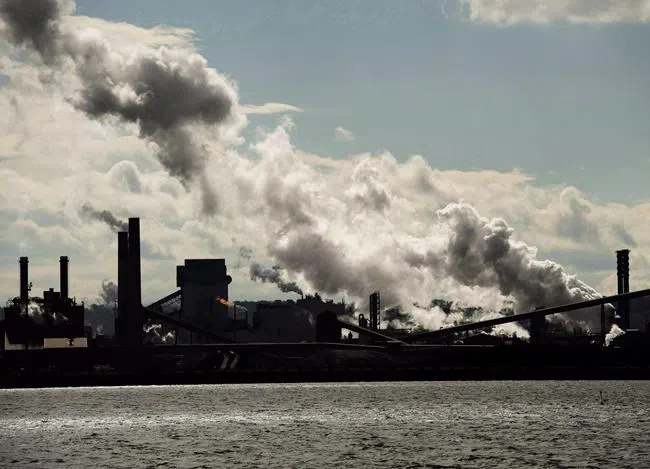
Eco, health groups and provinces seek status in carbon-tax court challenge
OTTAWA — The battle royal over carbon pricing in Canada is getting even hotter, with provinces, environment groups, a First Nation and health experts all asking for permission to participate in a Saskatchewan court challenge.
The Saskatchewan government has asked its provincial appeal court to assess a federal law imposing carbon pricing on provinces that don’t have their own schemes. Saskatchewan argues that law violates the Constitution.
The case itself is to be heard in February, but a hearing to grant intervener status to third parties is next month and the list of groups seeking to participate is growing.
Earlier this week British Columbia announced its intention to seek intervener status to back Ottawa’s position, and Thursday New Brunswick said it would ask to join the case on Saskatchewan’s behalf.
